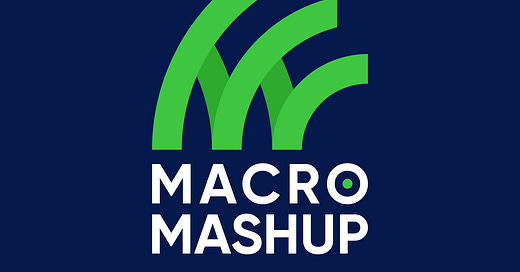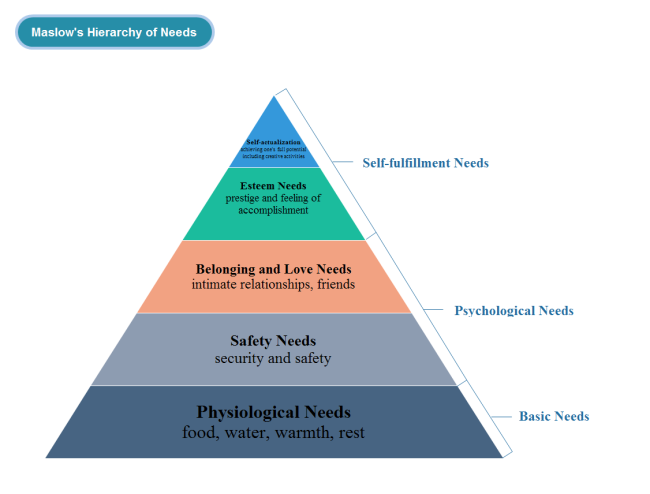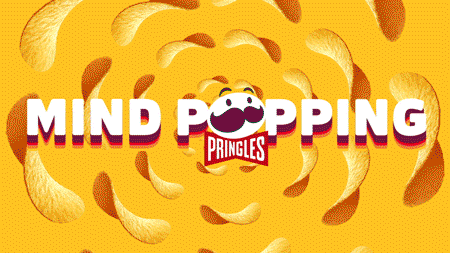It’s everywhere. More than 2,500 meditation apps have been launched since 2015 and an industry that generated $513MM in 2022 is projected to grow to $2.6B by 2028. It’s all over social media. Friends recommend to friends. I have recommended to friends. It’s embedded in the self-care ecosystem that fills bookshelves and book recommendations. There are podcasts, of course. Serious money to be made from meditation. Why?
Maybe because we are trying to find balance in a topsy-turvy world and meditation holds out the promise of that. I just finished a great little book called Watch It Turn, written by an Indian author who I recently met on a trip to Delhi. The book’s central character, Gautam Singh, turns himself into a successful software/IT entrepreneur and then life unfolds a bit differently. The book is clearly a vehicle for the author to make a lot of observations about life in general through the inner life of his hero. No doubt, because it is a first novel, there is much that is autobiographical. It’s a great book. Its language can be a bit stiff at times, but the story is compelling and the observations stop and make you think - in a good way. I read it in a week and thought, by the end, that it summed up most of what meditation is about. Worth it.
The search for equanimity is an important one. Without it, our psyche can become as shredded as a baby chick (male - yes, that was a gruesome story) and we have little hope of harvesting our best self. The title of the book is about learning to watch the world turn while, at the same time, recognizing one’s role in making it turn. Everyone, argues the author, while striving to make their way in the world, adds a little energy to the momentum the world acquires, the energy that keeps it turning. At the same time, the world can be viewed as turning all on its own through its gravitational relationship to the sun, the moon and other bodies. Both are true: people make things happen; things happen to people. That’s fine. Understand it; accept it. Don’t judge it; don’t question it. Somewhere in there, one can find a position of balance. That is the goal of meditation: to find equanimity and rest there, in motion, while living life to the full. It’s a state of mind that may not look that different to many states of mind, but feels profoundly different. It is a mindful framework that shapes daily living in so many ways. From the smallest experience - enjoying a view, a cup of coffee, a meal, a moment of quietness - to the largest of life’s experiences - relationships with loved ones, with anyone actually.
Every meditation app has this goal and frames it in many different ways: self-care; mindfulness; centering; resting; non-sleep deep relaxation. There are many ingredients to achieve this state: good sleep (another raft of apps, podcasts, books, articles); regular exercise; good diet; moderate alcohol consumption; moderation of social media, device control; nurturing friendships; discarding toxic influences. It may be fair to observe that all this is well up Maslow’s hierarchy of needs,
that meditation and equanimity are features of a luxury landscape, aspects of a privileged life, capable of being held up to ridicule. One can only afford to watch the world turn if one has made enough to be afforded that luxury. Maybe, but you can’t please everyone all the time (maybe even some) and there is an audience: privileged people are people too and I am not going to try to appease anyone ready to criticize on the basis of privilege. There are just too many privilege haters and I will never win that/those battles.
So, for anyone else, what does any of this have to do with Macro Matters? Investing requires equanimity; it requires mindfulness; it requires bringing one’s best focus to the project - otherwise you WILL miss stuff. The market will beat you up. You will make the wrong choices. You will sometimes make the right choices for the wrong reasons; the wrong choices for the right reasons. Weirdly, you can feel better about the latter than the former. Weirdly, that means you might feel better about losing money than making it. Why? Because, if you get something right but you don’t know why or because something turned out fine but for a completely different reason it can make you lazy. Success is about making more right choices than wrong, about taking risk designed to generate a return and keep you liquid when you need to be liquid. It’s about sifting the right information from a range of sources and making sure you read and listen to stuff that doesn’t always make you feel comfortable.
I try to balance inputs about things that keep me informed about things I can’t control but still find interesting: politics, sport, culture. I want to be entertained and current about what’s going on; but I don’t need to engage. I also want to consume information that makes me smarter and better informed about things I need to know to make better decisions about investing, exercise, diet, business. I try to do more of that because it is actionnable. if it’s not actionnable in a way that improves my qualify of life, why spend a lot of time on it? I understand that there is an industry focused on grabbing attention to monetize clicks. It has no higher purpose - Pringles for the mind.
Wordle, Connections, Spelling Bee. Marketed as things that stave off the onset of Alzheimer’s. Ok. I do them occasionally but have learned this about myself: I can become obsessed and it clogs up my mind with something that is essentially useless...for me. Just for me. Play them if you want and your mileage differs. But for me, they’re no good.
So back to no detail, no research Macro Matters, because this is Saturday and Saturday is more of a consumption than output day. In a world of exponentially growing information, is the quest to consume to understand futile? I don’t think so. We just have to get better, develop a point of view, a hypothesis and then road-test it. It won’t all work because the past doesn’t map onto the future perfectly and some hypotheses are wrong. Don’t worry. Every wrong idea is an opportunity to get the next one right. Every day, I get to try to be a bit better at this than I was the day before. I hope I never get to the end of my to do list, because what then? MAID (medical assistance in dying)?
I research a lot of data, look at a lot of charts. Finding good data is hard. Finding the same data from multiple sources is not easy. It is easy to go searching for what you are trying to prove and stop the search when you find that one data point that proves the point. That is not enough. Maybe it’s enough to write a tweet, but it’s not enough to make an investment decision. Let’s say you want to find out how much global debt there is outstanding. You can find answers from $97T to $350T. There are a lot of hits for $307T because that is from the Institute for International Finance. I would love to dig into that but I have to pay. I think I ought to be able to find the answer from the World Bank maybe. That is free but confusing. Statista? Free to a certain extent and I may be prepared to pay to get more because I might use it a lot. But I want to know it is authoritative. What does that mean? What I really want to do is download data into Excel and make my own charts, but that is time consuming and charts are not something I have been that great at. And, it worries me that my charts may not be good enough, or authoritative enough even for me, especially for me. It’s a process. I will improve.
Wrapping up, I think you should meditate for all sorts of reasons, but mainly just to get some insight to your own psyche and to learn to stop beating yourself up for being a person in the world. It will help in all sorts of ways, including investing.







Enjoyed this.
And see an obvious link between meditation and Macro Matters. And with investment success. The obvious example in Ray Dalio.
When the stakes are high, especially financial, and even more so if it's other people's money, you're wise to maintain your equanimity and clarity. Meditation can really help.
Loved this, personal, useful, not generic. Loved several points you made and agree with the main point about link with meditation and investment. Another one I liked because it is a sober antidote to all that noise out there by people who are convinced they know what they are talking about but don‘t: ‚It is easy to go searching for what you are trying to prove and stop the search when you find that one data point that proves the point. That is not enough. Maybe it’s enough to write a tweet, but it’s not enough to make an investment decision‘